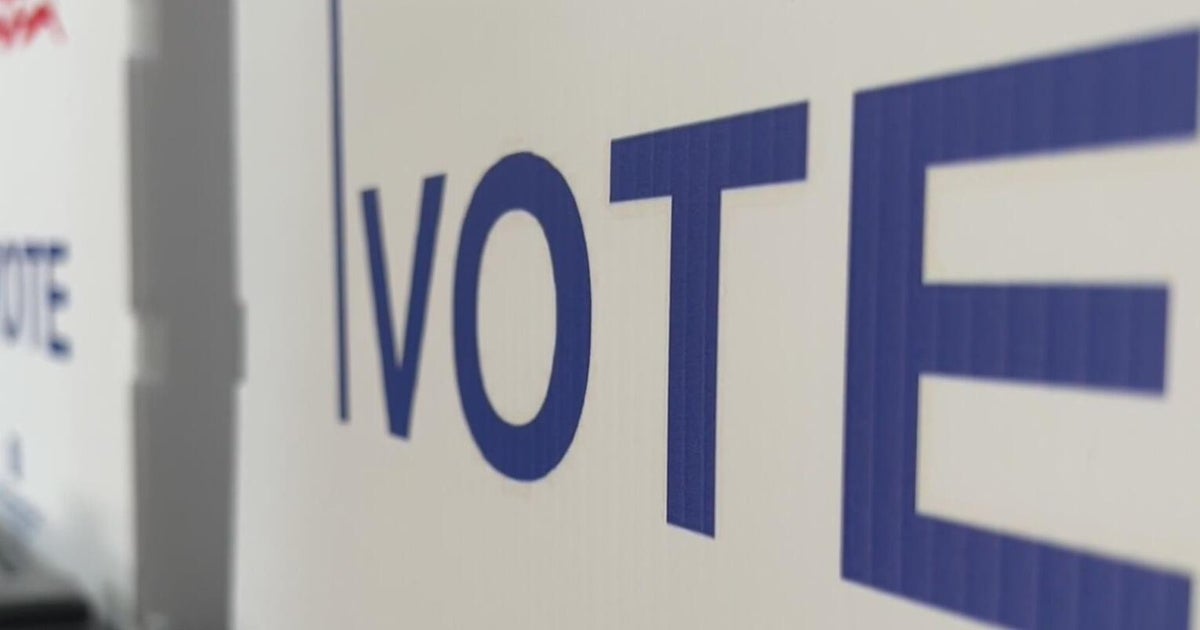White House warns of state and local government funding cuts without debt ceiling increase
The White House is warning state and local governments that the consequences for them will be dire if Congress doesn't raise the debt ceiling and the U.S. goes into default.
In a memo, the White House said that if the U.S. can no longer pay its obligations and defaults, "billions of dollars in state aid and state-run but federal funded programs could be halted."
The memo comes as Republicans insist they will not vote to raise the debt ceiling, while the White House is urging Congress take a bipartisan vote to do so. The Treasury Department estimates that borrowing authority will expire in October, after which the U.S. will not be able to pay its bills.
Programs that will be affected include disaster relief efforts through the Federal Emergency Management Agency and other departments, Medicaid and the Children's Health Insurance Program, infrastructure funding, and the National School Lunch program, among other things.
"Hitting the debt ceiling could cause a recession," the memo said. "Economic growth would falter, unemployment would rise, and the labor market could lose millions of jobs."
The White House also says a debt limit crisis could make it tougher for state and local governments to borrow money.
Republicans say the U.S. must rein in spending, and it's Democratic spending, not the debt limit, that is the real problem.
"Let me be crystal clear about this. Republicans are united in opposition to raising the debt ceiling," Senate Majority Leader Mitch McConnell said Tuesday.
The White House noted that Congress has raised the debt ceiling on several occasions, including three times under former President Trump.
The debt ceiling fight comes as the Biden administration and most Democrats on Capitol Hill want to pass a $3.5 trillion plan to improve the country's social safety net. But that price tag is too high for Democratic Senators Joe Manchin and Kyrsten Sinema, and the proposal would also need the support of all 50 Democratic senators.



